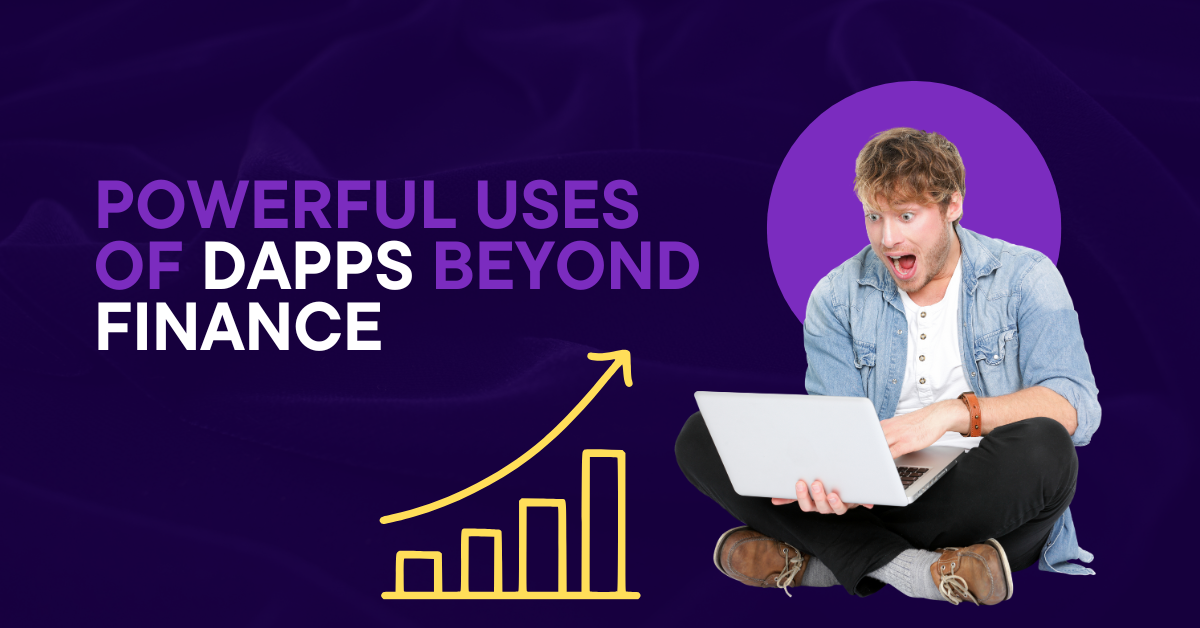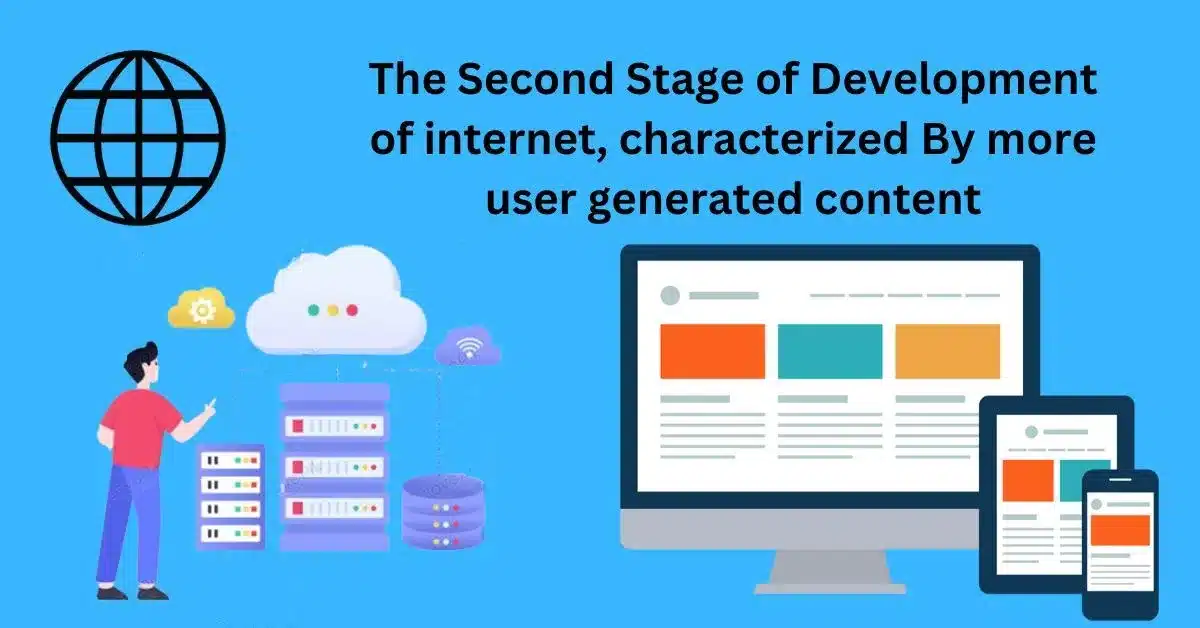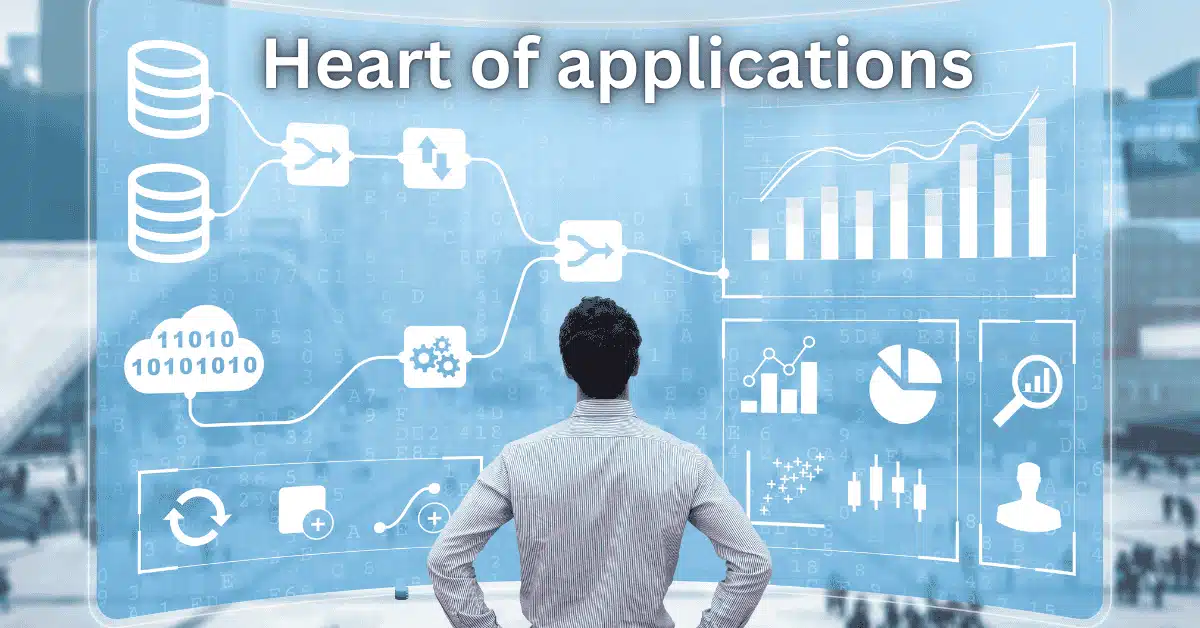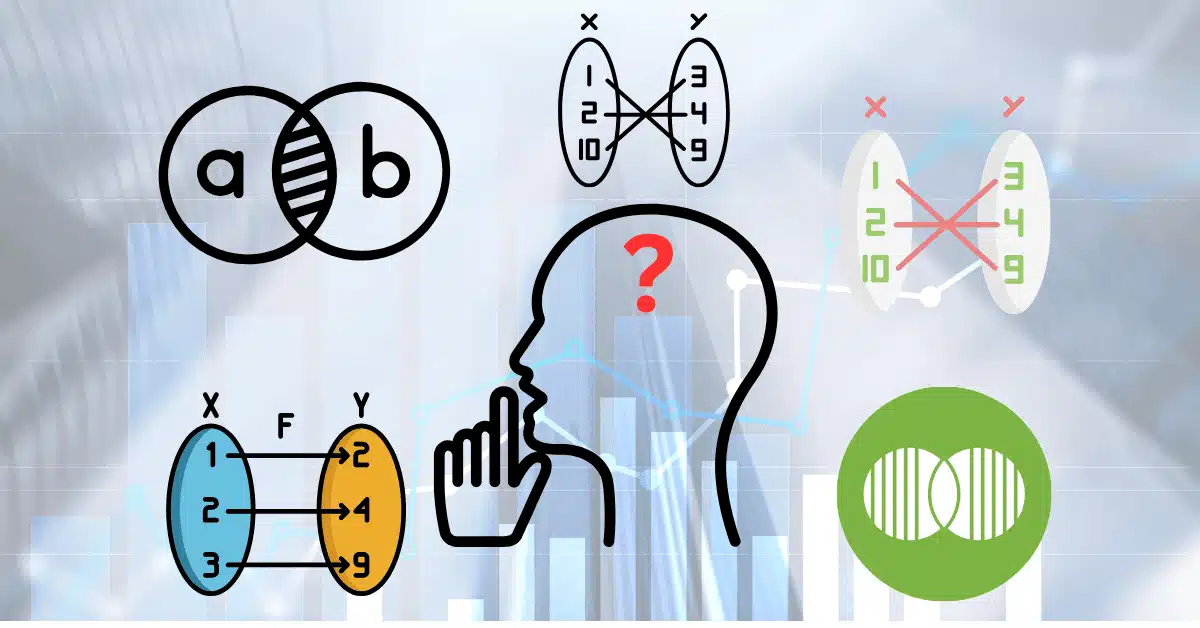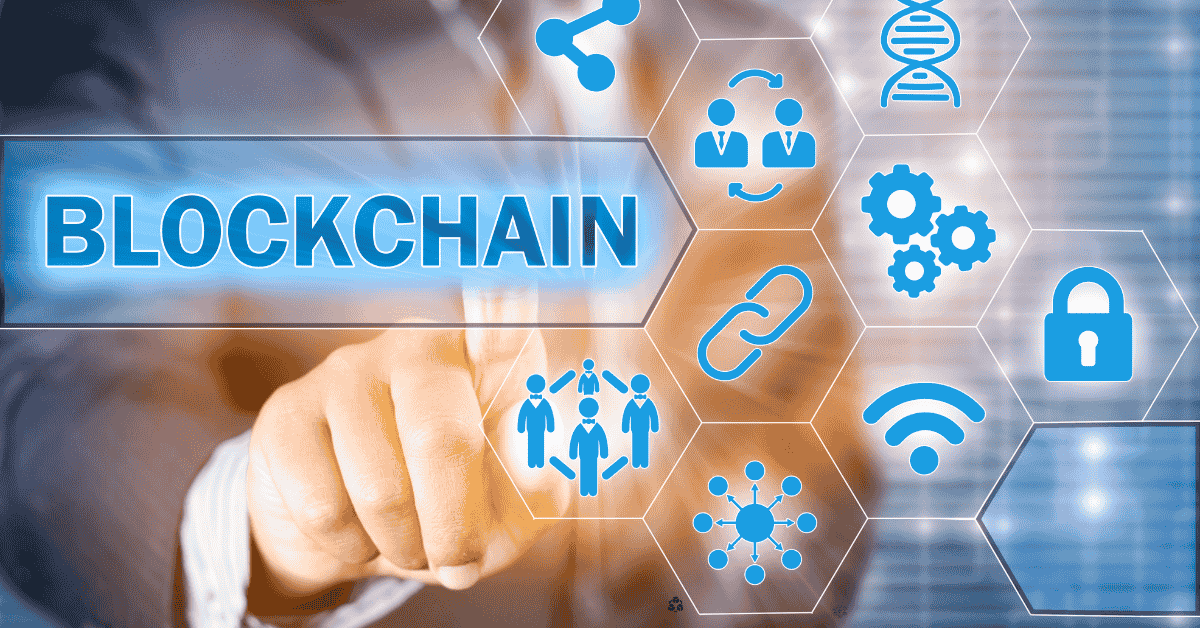Distributed apps, or DApps, are helping people communicate online in a digital era when data privacy and transparency are fundamental. Although many believe DApps are only for commercial purposes, they are truly revolutionizing sectors including healthcare, education, and social media by offering creative ideas for activities outside of business. Let’s investigate the fascinating usage for DApps.
What Are DApps?
DApps use blockchain technology to run on decentralized networks. DApps offer security, transparency, and user control through numerous nodes, unlike central server apps.
1. Differentiating DApps from Traditional Apps
Traditional apps store all user data and actions on centralized servers. DApps distribute data across numerous nodes using blockchain’s decentralized architecture. This dispersal lowers centralized control, improving security and resilience.
2. Core Principles of DApps
Most DApps rely on four principles:
- Decentralization: Multiple nodes share control instead of a single server.
- Transparency: Users can verify transactions and activities without relying on third parties.
- Privacy: Users retain control of their data and identity.
- Open Source: Many DApps are open source, encouraging community participation and development.
Uses of DApps
DApps, originally driven by bitcoins, now meet other digital needs. Blockchain technology makes DApps useful in gaming, social networking, healthcare, and more.
DApps’ benefits over conventional apps
1. Privacy and security benefits
Blockchain networks make DApps more secure against data leaks. Cyberattacks against centralized systems are less likely with their decentralized structure.
2. Trust and transparency.
DApps use transparent ledgers, making it possible to track every transaction openly. This feature builds user trust by enabling verifiable data and activities, which is essential for use cases like voting and governance.
3. User Empowerment
DApps allow users to manage their identities and digital assets directly without intermediaries.
Common Myths about the Uses of DApps
Despite the growing popularity of DApps, there are several misconceptions:
- Myth: DApps are only for finance.
- Reality: DApps are versatile, with applications in healthcare, education, social media, and more.
- Myth: DApps are just like traditional apps.
- Reality: DApps offer different functionalities, especially in security, data ownership, and transparency.
Transformative Uses of DApps Beyond Finance
Let’s explore new DApp uses outside finance.
1. Decentralized Social Media
Facebook and Twitter control user data. Minds and Steemit allow users to own and share material without a central authority.
- User Ownership and Data Privacy: Users have the power to control the sharing of their data, which helps to prevent data misuse.
2. Decentralized Gaming
Decentralized gaming trades in-game assets with NFTs. Blockchain games such as Axie Infinity incorporate economics through the earning of cryptocurrency.
- Players own game items and characters, not the developer.
- Player earnings from in-game activities offer financial motivation to play.
3. DApps for Digital Identity
DApps offer solutions for secure and verifiable identities. These “self-sovereign” identity systems are crucial in fields where identity verification is essential.
- Self-Sovereign Identity Systems: Allow users to manage and verify their identities independently.
- Improving Security in Identity Verification: This can reduce identity fraud and improve access to essential services.
4. Content creation and publishing
Publishers like Mirror reward creators directly, eliminating intermediaries and ensuring fairness.
- Directly rewarding content creators: DApps let creators earn from their audience without platform cuts.
5. Supply Chain Management
Supply chain DApps document a product’s complete route, improving transparency. Companies use VeChain to trace items from origin to customer.
- Track products and raw materials during production to improve supply chain transparency.
- Tracking and verifying goods reduces fraud by confirming authenticity and origin.
6. Health and Data Sharing
DApps give patients data control in healthcare. MedRec allows secure data sharing with patient privacy.
- Patient Control Over Health Data: Patients control who can see their data, ensuring privacy.
- Better Research and Collaboration: This approach provides anonymized data for medical improvements.
7. Learning and educational platforms
Education apps let students manage their academic records and achieve certifications on the blockchain.
- Decentralized Learning Platforms: Offer courses and materials without centralization.
- Blockchain certifications and achievements: Students can exchange verified credentials with employers to improve job prospects.
8. Sustainability and Environment Solutions
DApps track carbon credits and environmental impact, promoting sustainability.
- Carbon Credit Tracking: This system accurately tracks carbon credits for sustainable companies.
- Rewarding Sustainable Practices: This encourages eco-friendly user or corporate behavior.
9. Governance and voting.
DApps provide transparent voting, crucial for democracy. Aragon secures community voting.
- It safeguards against the manipulation of votes and encourages transparency.
- Community Governance and Decision-Making allow decentralized organizations to make democratic decisions.
Challenges in Expanding the Uses of DApps
1. Scalability Problems
Scaling blockchain networks to accommodate massive amounts of data and transactions remains difficult as DApps become popular.
2. User Awareness and Adoption
DApps and their operation are unfamiliar to many. DApps can become widespread by educating users and simplifying interfaces.
3. Regulatory Issues
DApps’ decentralization presents legal issues because regional legislation can affect their activities.
Future of DApps and Expectations
With blockchain improvements, DApps may become more accessible and efficient. User-friendly interfaces, scalability, and daily acceptance of decentralized solutions may come in the future.
Conclusion
DApps are making technology more safe, transparent, and user-centric in fields beyond banking. These apps show how decentralization might change digital interactions in healthcare and education. As technology advances, DApps may become essential to numerous businesses.
